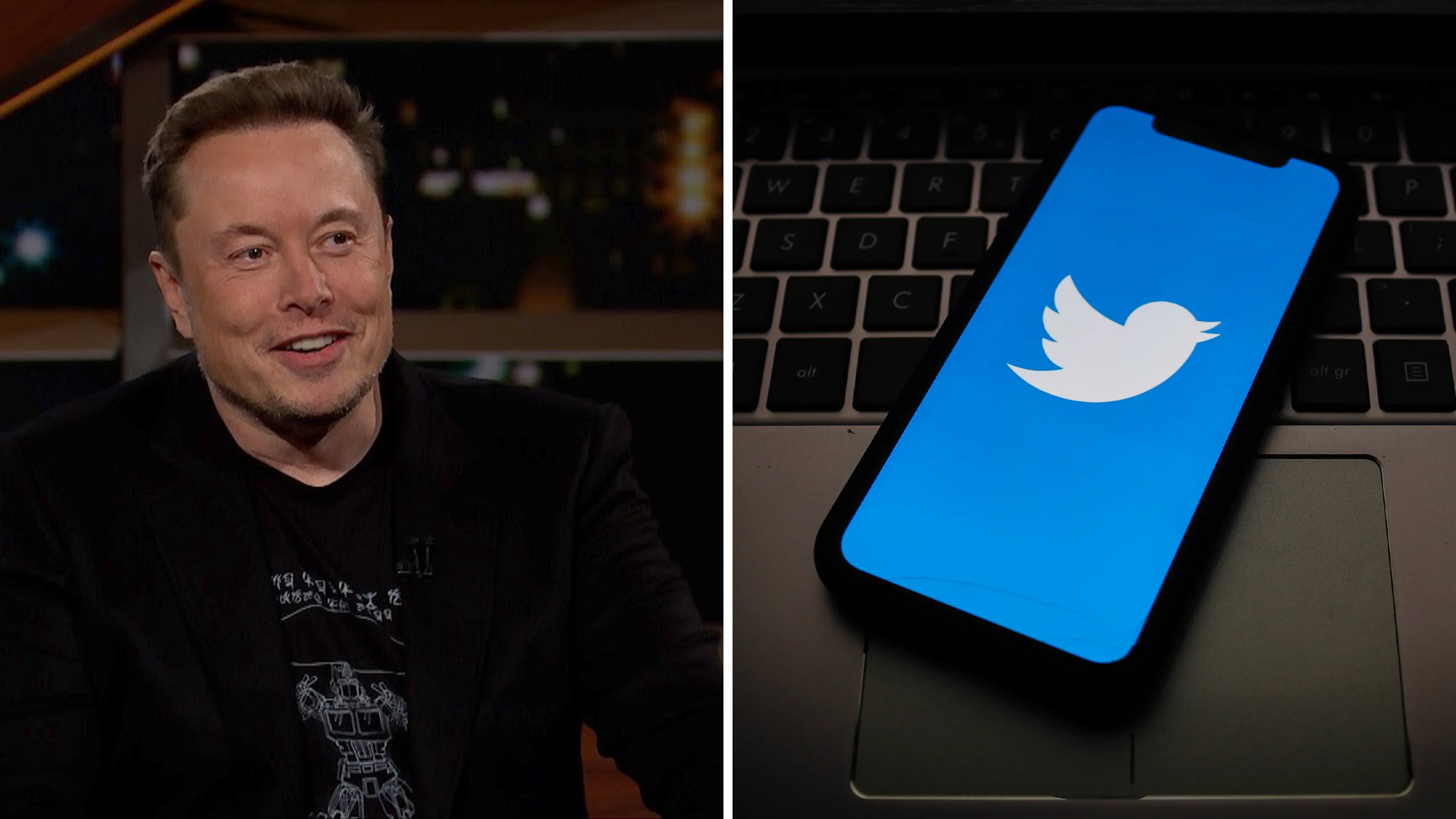With an expansive user base and an influence that stretches globally, Twitter has always been a powerful platform for social dialogue. Its users range from average people to some of the world’s most influential figures, including Elon Musk, the company’s current CEO.
Recently, Musk used his platform to send a strong message about the type of discourse he envisions for Twitter. His words shook the digital community: terms like “Cisgender” and “Cis” are now considered slurs on the platform and will not be tolerated.
The tech tycoon made the declaration in a tweet, the preferred method of communication for many on the platform. “Terms like ‘Cisgender’ and ‘Cis’ are now slurs on Twitter. Such language will not be tolerated. Respect and understanding start with communication. Let’s be more considerate,” he wrote.
The words ‘cisgender’ and ‘cis’ are often used to refer to individuals whose gender identity aligns with the sex they were assigned at birth. While these terms are generally not considered derogatory, Musk’s statement suggests they have been used inappropriately in certain contexts on the platform, leading to the decision to categorize them as slurs. This decision sparked immediate responses, a heated debate, and a myriad of opinions within the digital community.
On one side of the divide, many users applauded Musk’s stand against the derogatory use of these terms. They argued that any word, regardless of its original meaning, could become a slur if used with harmful intent. From this perspective, Twitter’s move is seen as a bold and proactive step in protecting all its users from offensive language.
Contrarily, others interpreted Musk’s statement as a move towards censorship and a limitation of free speech. Critics argue that terms like ‘cisgender’ and ‘cis’ are essential to discussions about gender identity and are not inherently offensive. They argue that such a sweeping blanket ban may stifle important conversations about social issues and deter open dialogue.
In the past, Twitter has taken a more reactive approach to offensive language, often taking action once a complaint is filed. Musk’s proactive stance marks a notable shift in the company’s policy. This anticipatory strategy may be indicative of Twitter’s future approach towards maintaining respectful communication on its platform.
It’s no secret that Musk has a knack for creating waves on social media. His tweets have often stirred significant controversy, and his recent appointment as Twitter CEO has placed him under the microscope even more. Still, it seems that Musk is committed to making Twitter a more respectful and inclusive space.
However, the challenge lies in balancing the fine line between censorship and respectful dialogue. While the initiative to curb hate speech and derogatory language is commendable, Twitter must ensure that its policies do not infringe upon the freedom of expression its users have come to value.
The conversation Musk ignited with his tweet is a reminder of the power and influence social media platforms possess. As public figures like Musk take active steps towards shaping digital discourse, the ripple effects of their decisions become far-reaching.
Ultimately, the implications of Musk’s declaration are yet to fully unfold. But one thing is clear – the conversation about respectful dialogue on social media platforms is more relevant than ever. As the digital landscape continues to evolve, so must our understanding and application of language in these spaces. Elon Musk’s tweet has added another layer to this ongoing dialogue, highlighting the need for constant introspection and adaptation in our digital conversations.

